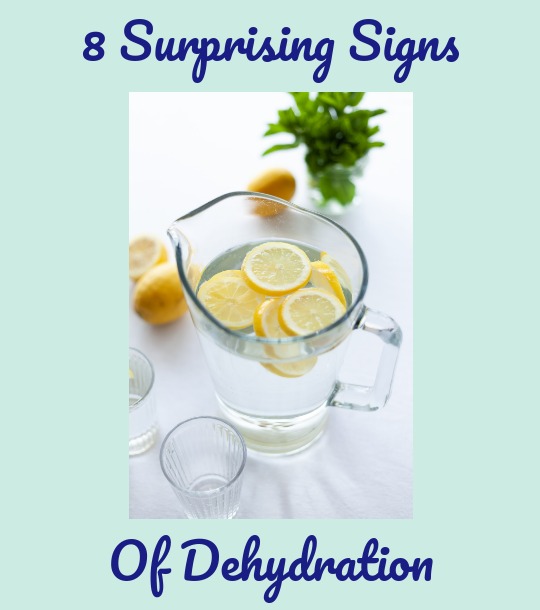Are you familiar with the effects of dehydration?
Many people are aware of the common symptoms of dehydration such as feeling thirsty, lightheadedness, and fatigue, but there are some lesser-known side effects that you may not be aware of that could happen to you or someone that you know. In this blog post, we’ll explore eight surprising side effects of dehydration that you may not have know about.
Feeling Thirsty
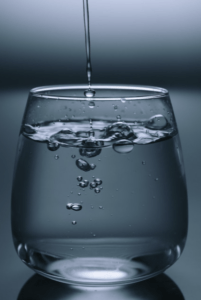
Feeling thirsty is one of the first signs of dehydration. This is your body’s way of telling you it needs more water or electrolytes. If drinking water does not alleviate the thirst, try something with electrolytes to replace what your body is missing even faster.
Fatigue

One of the common yet subtle side effects of dehydration is feeling tired and fatigued. It can range from just feeling a little sluggish and foggy-headed to feeling totally zapped of energy. If you feel fatigued, especially in combination with any other symptoms on this list, try resting in a cool area and drinking something.
In severe cases, not drinking enough fluids when in a warm area or climate can lead to heat exhaustion and heat stroke. If you have been hot or sweating a lot and the aforementioned advice does not start to improve the situation rather quickly, please seek medical attention.
Dizziness
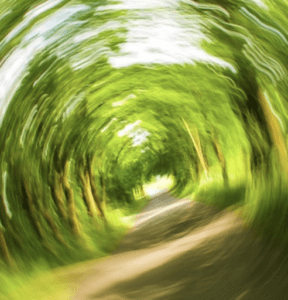
If you are dehydrated or have an electrolyte imbalance, you might also feel lightheaded or dizzy. When the body isn’t getting enough fluids, it can cause a drop in blood pressure which can lead to feelings of dizziness or disorientation. This is especially true when standing up quickly after sitting for a long period of time.
If you notice this occurring, it’s important to drink some water immediately and rest until the feeling passes. When you have to move or stand up, take your time and do so slowly and carefully to minimize the dizzy feeling. You do not want to fall or be injured by running into something!
Headache

Headaches are one of the most common dehydration signs. When your body does not get enough water, it can cause changes in your brain that lead to a tension-like headache. Dehydration headaches become intense and difficult to manage without proper hydration.
If you’re experiencing a headache, drinking plenty of fluids and electrolytes will help provide your body with the hydration it needs. Keeping an eye on your water intake throughout the day can help ease these headaches or prevent them from occurring.
Difficulty Concentrating

Another lesser-known sign of dehydration is difficulty concentrating. When you don’t have enough fluid in your body, it can make you feel like you are in a mental fog. Slow and fuzzy thinking makes if hard to focus on tasks or even hold a conversation.
Even Mild to moderate dehydration can cause mild cognitive impairment, resulting in decreased alertness and attention. So if you’ve been having trouble focusing on your work, it may be time to grab a glass of water!
Dry Skin
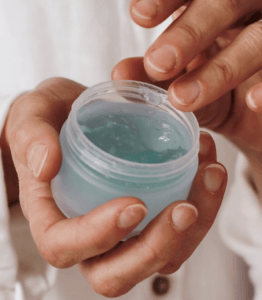
When your body is struggling to maintain its internal fluid levels, often your skin suffers too. Without an adequate supply of water, the human body can’t produce enough oil to moisturize the skin. As a result, it becomes flaky, itchy, and may even start to crack in places. This can be very uncomfortable and make you more vulnerable to infection.
If you’re experiencing dry skin, it’s important to stay hydrated and apply lotion to help replenish your skin’s moisture barrier. Your skin stays healthier and happier when you drink up!
Constipation
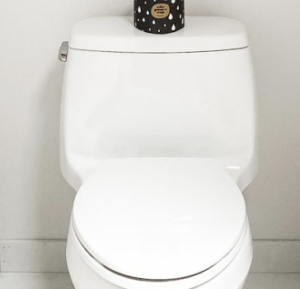
One of the more unpleasant side effects of dehydration is constipation. Constipation occurs when waste moves too slowly through the digestive system, and can lead to severe discomfort. Dehydration increases the risk of constipation because water is necessary for the digestion process. As your body absorbs less water, the waste in your colon becomes harder, drier, and more difficult to move through your digestive system.
To help combat dehydration-induced constipation, it is important to stay hydrated and get regular exercise. It can also help to eat more foods with a high water content, such as most fruits and some veggies.
Kidney Stones
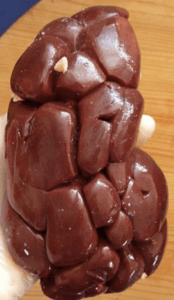
Kidney stones can be caused by a variety of factors, including an inadequate intake of fluids and an improper balance of minerals in the body. When you don’t have enough water, it makes it harder for your kidneys to function. The more concentrated minerals and water in the urine can leave behind deposits and form stones.
The most common symptom associated with kidney stones is pain in the back and side, which can range from mild to severe depending on the size and location of the stone. It is important to stay hydrated to help prevent the formation of kidney stones, as even mild dehydration is a risk factor
Preventing Symptoms Of Dehydration Is Easier
Once you start to display some of the symptoms of dehydration on this list, it can take a while, even a few days, to get rehydrated and feel better. It is much easier to avoid the effects of being dehydrated by making sure you drink enough water. A good rule of thumb is to have roughly 8 glasses of water a day, although you may require more when exercising, sweating, or spending time outdoors.
For healthy hydration ideas, you can check out our other posts!
Did you find this post helpful? Let us know in the comments!

